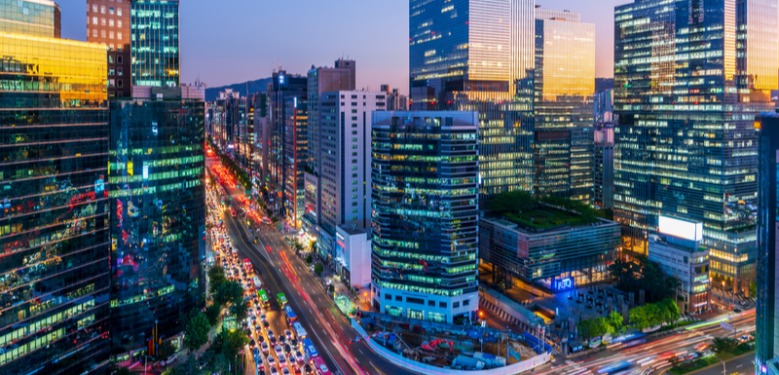Discover the Best Time to Travel to Busan: A Comprehensive Guide to Enjoying South Korea's Coastal Gem
#### Best Time to Travel to BusanWhen planning a trip to Busan, one of South Korea's most vibrant coastal cities, understanding the **best time to travel to……
#### Best Time to Travel to Busan
When planning a trip to Busan, one of South Korea's most vibrant coastal cities, understanding the **best time to travel to Busan** is essential for making the most of your experience. Busan is renowned for its stunning beaches, rich cultural heritage, and delicious seafood, making it a popular destination for both local and international tourists. This guide will help you navigate the seasons, weather, and events that define Busan, ensuring you choose the perfect time for your visit.
#### Seasons in Busan
Busan experiences four distinct seasons: spring, summer, autumn, and winter. Each season offers unique experiences and attractions, making it crucial to consider what you want to do during your visit.
- **Spring (March to May)**: Spring is often regarded as one of the best times to visit Busan. The weather is mild, with temperatures ranging from 10°C to 20°C (50°F to 68°F). Cherry blossoms bloom throughout the city, particularly in areas like Yongdusan Park and the famous Haeundae Beach. Spring festivals, such as the Busan International Film Festival, attract culture enthusiasts from around the world.
- **Summer (June to August)**: Summer in Busan can be hot and humid, with temperatures soaring above 30°C (86°F). However, this is also the peak tourist season, as locals and visitors flock to the beaches. Haeundae Beach and Gwangalli Beach come alive with sunbathers, water sports, and vibrant nightlife. If you love the beach and outdoor activities, summer might be the best time to travel to Busan for you.
- **Autumn (September to November)**: Autumn is another excellent time to visit Busan. The weather is comfortable, with temperatures ranging from 15°C to 25°C (59°F to 77°F). The fall foliage creates breathtaking landscapes, particularly in scenic areas like Dalmaji Hill. Autumn festivals, such as the Busan Jagalchi Fish Festival, showcase the city's culinary delights and maritime culture.
- **Winter (December to February)**: Winter in Busan is relatively mild compared to other regions in South Korea, with temperatures averaging between 0°C to 10°C (32°F to 50°F). While it may not be the best time for beach activities, winter offers a unique charm, with fewer crowds and the opportunity to experience local traditions, such as the Busan Christmas Market and the New Year's celebrations at Yongdusan Park.
#### Events and Festivals

Understanding the events and festivals occurring during your visit can significantly enhance your experience. The **best time to travel to Busan** often coincides with these cultural celebrations:
- **Busan International Film Festival (October)**: This prestigious film festival attracts filmmakers and cinephiles from around the globe, showcasing a diverse range of films and hosting numerous events.
- **Busan Jagalchi Fish Festival (October)**: Celebrating the city's maritime heritage, this festival features fresh seafood, cultural performances, and cooking competitions.
- **Busan Fireworks Festival (October)**: A spectacular display of fireworks over Gwangalli Beach, this event draws large crowds and creates a festive atmosphere.

#### Conclusion
In conclusion, the **best time to travel to Busan** depends on your preferences for weather, activities, and cultural experiences. Whether you choose to visit during the blooming cherry blossoms of spring, the lively beaches of summer, the colorful foliage of autumn, or the serene winter months, Busan offers a wealth of experiences year-round. By considering the seasonal highlights and local events, you can ensure your trip to Busan is unforgettable.